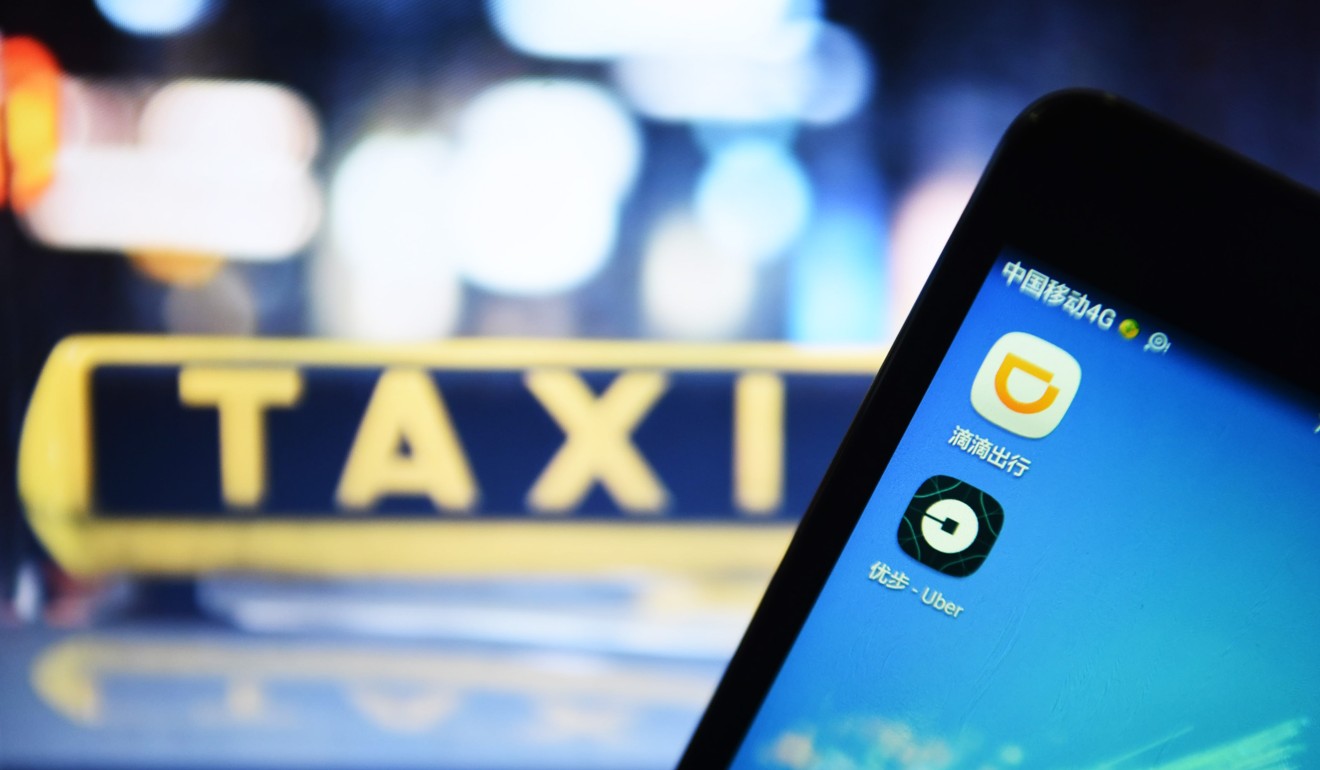
New | How do you hail a ride in English in China? Just say ‘Didi’
Didi will add an option for English interface in Beijing, Shanghai and Guangzhou for its ride-hailing app, and then expand the option throughout China.
Didi Chuxing, China’s dominant ride-hailing service, has rolled out a bilingual function for its ride-hailing app, to cater for expatriates and foreign tourists in China, a first step towards its internationalisation plans, the company said.
The bilingual features, which includes the option for an English interface, will be available in Beijing, Shanghai and Guangzhou during the initial launch, and then become progressively available in other Chinese cities.
Other bilingual options include a real-time, in-app text messaging translation service for its taxi, premier and carpool services, allowing passengers and drivers to communicate within the application even if a passenger does not write or speak Mandarin.
Customer service support over the phone or e-mail will also be made available to such passengers, according to Didi.
“Internationalisation of mobility services in China is a crucial link in Didi’s broader global strategy,” the company said on Monday, pointing out that over a million foreigners worked and lived in China with over 28 million visiting as tourists in 2016.

Didi will also accept payments using major international credit cards, when previously it accepted mostly mobile wallet payments such as WeChat Wallet or Alipay, the most-prevalent among Chinese users but less used by foreigners.
Additionally, users from Hong Kong, Taiwan, Thailand, South Korea, Japan, the UK, France, Australia, Canada, US and Brazil will now be able to register for a Didi account with their mobile numbers.
Previously, only users with a Chinese mobile number were able to become Didi users.
The company’s internationalisation of its ride-hailing app is likely to be welcomed by previous Uber users in China, who were left unable to hail rides in China through the international Uber app following Didi’s merger with Uber’s China operations.
Instead, a new Uber app was rolled out for the China market, which was entirely in Mandarin and did not support international payment options.
Internationalisation of mobility services in China is a crucial link in Didi’s broader global strategy
Didi has been making a strong push towards global expansion since the turn of the year, with founder and chief executive Cheng Wei as well as president Jean Liu Qing announcing in February it had established an “international business division” to explore “new models for internationalisation”.
Last week it confirmed it had raised $5.5 billion in new funding from investors, and earlier this year announced it was opening an artificial intelligence lab in Silicon Valley, California.
While the company did not provide further details on Monday on its next planned move to expand overseas, Liu previously stated Didi may compete in markets where there are no strong local ride-sharing companies.
Prior to merging with Uber China, Didi formed an alliance with ride-sharing companies in other regions, including Southeast Asia’s Grab, India’s Ola as well as Uber’s main US rival Lyft, in which all members agreed to share technology, local knowledge and business resources to battle Uber, which had entered various markets worldwide. Didi also poured US$100 million into Lyft, and invested in Grab and Ola.

